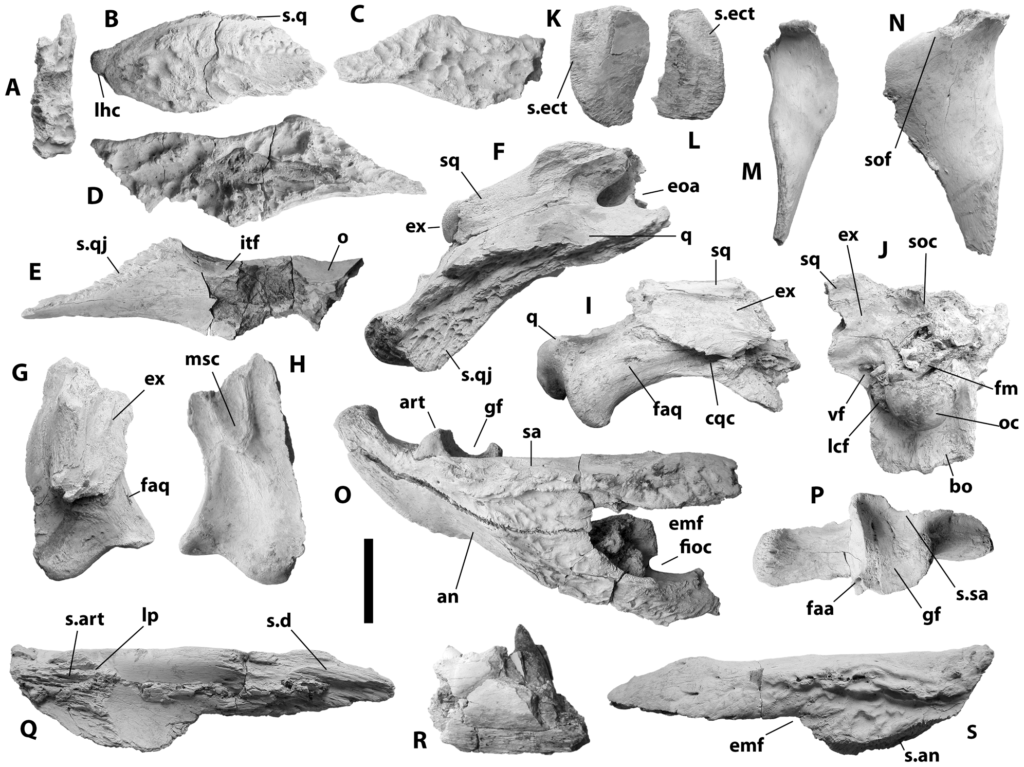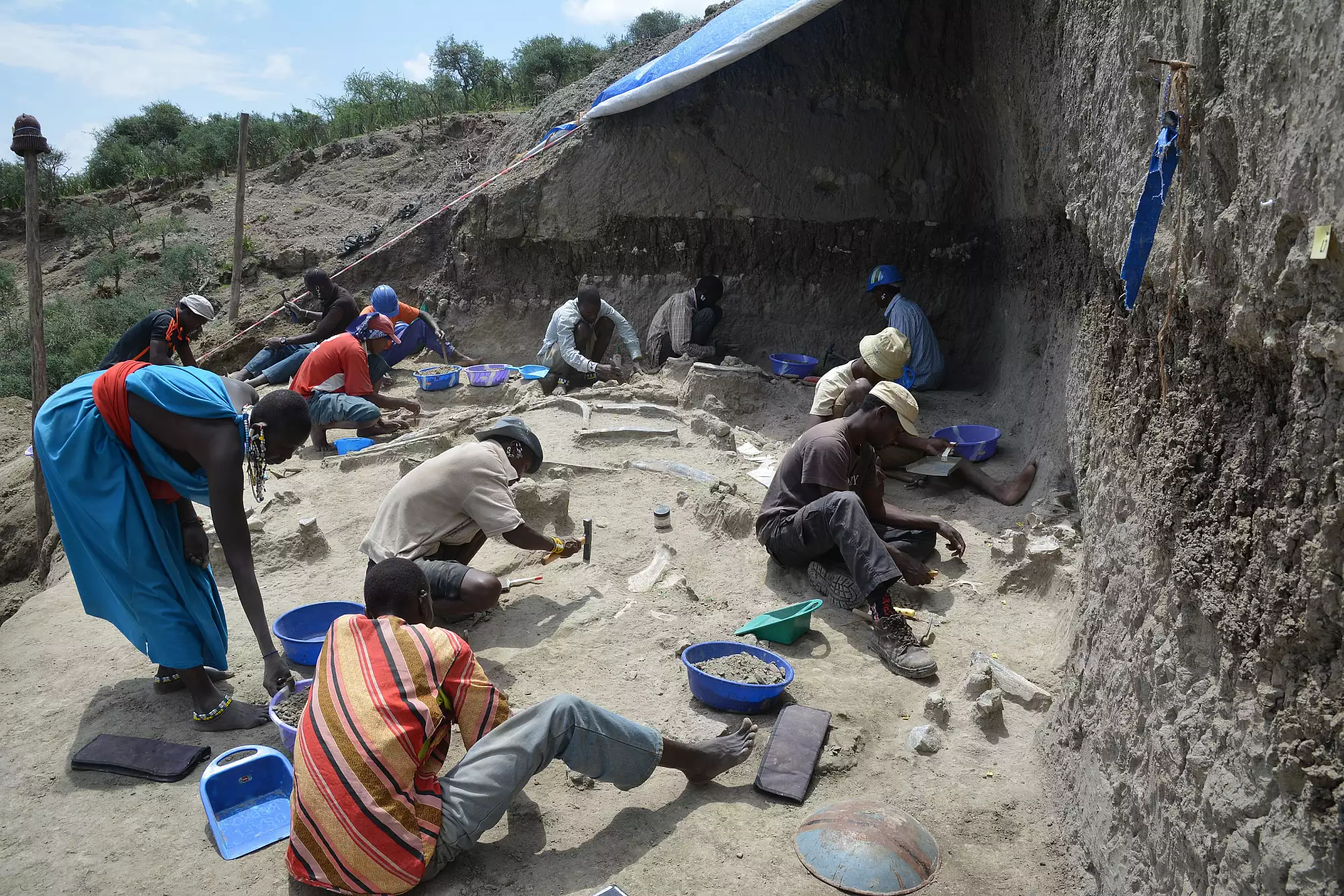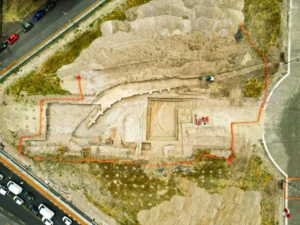Dr. Jackson Njau, a paleoanthropologist at Indiana University Bloomington, and his team made a groundbreaking discovery while excavating at Olduvai Gorge. They identified crocodile bite marks on early human remains, leading to the discovery of a previously unknown crocodile species, Crocodylus anthropophagus, or the “human-eating crocodile.”
Crocodiles and Their Impact on Early Humans
The presence of Crocodylus anthropophagus suggests that early human ancestors had dangerous encounters with these predators. Dr. Jackson Njau, who led the research, emphasized that the bite marks found on the bones, particularly those from younger individuals, suggest that crocodiles may have hunted early humans. Njau explained:
“These findings show how crocodiles played a significant role in the progression of early human cognition, especially as many of the bones with bite marks belonged to young individuals. This indicates that many early humans were still learning to navigate nature, often in a deadly way.”

Published in PLOS ONE: An Evolutionary Discovery
This discovery was published in the journal PLOS ONE and highlights the impact of crocodiles on early human populations. The research provides new insights into how predators like crocodiles may have shaped the survival strategies and evolutionary development of early humans. The findings challenge previous assumptions about human interactions with large predators and shed light on the complexities of early human life.
Olduvai Gorge: A Historic Source of Scientific Discoveries
Olduvai Gorge, a well-known archaeological site, has long been crucial to understanding early human evolution. This recent discovery adds another layer of significance to the site, demonstrating how Dr. Jackson Njau‘s work continues to deepen our understanding of the evolutionary processes that shaped human ancestors.
https://doi.org/10.1371/journal.pone.0009333
Cover Photo: Excavations at Olduvai Gorge Reveal the First Known Evidence of “Human-Eating Crocodile” Courtesy of the Spanish National Research Council.





